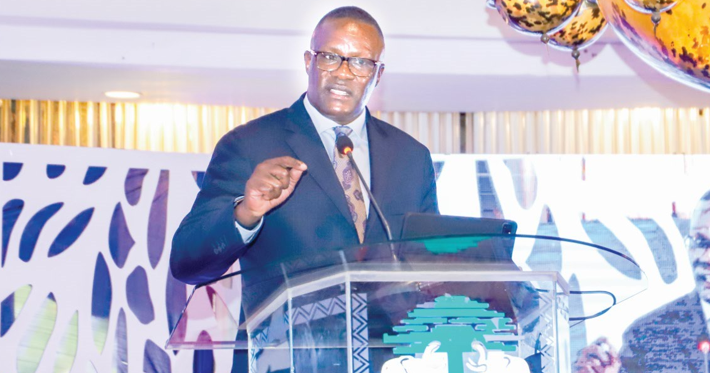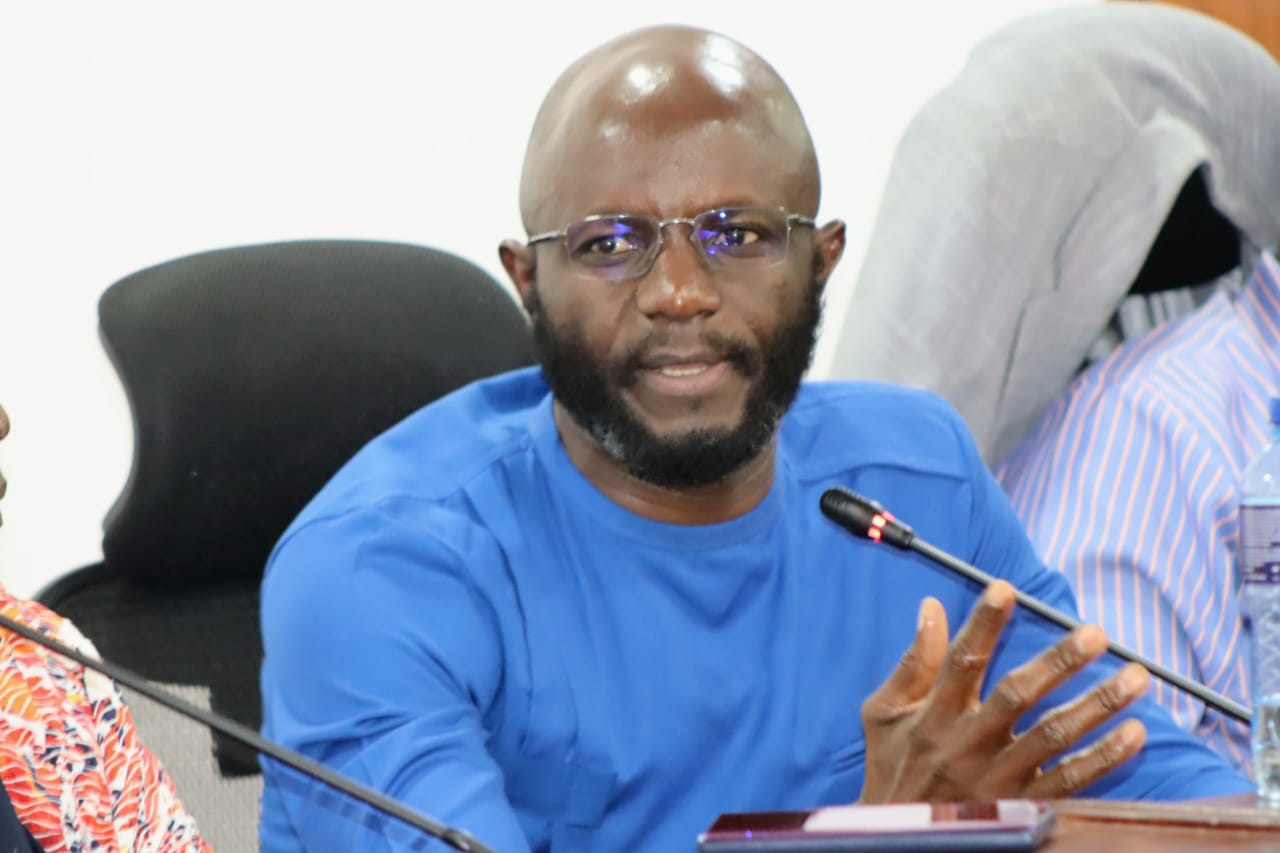Owalo says no category for religious broadcasters

There is no licensing category for religious broadcasting stations, Information and Communications Technology CS Eliud Owalo has clarified.
This even as Owalo disclosed that controversial preacher Paul Mackenzie’s Times TV aired content that demonstrated exorcisms when children are likely to be watching, which violated the guidelines on good taste and decency.
“Given the fact that Times TV aired content that demonstrated exorcisms when children are likely to be watching (watershed period), CA concluded that there was violation of guidelines on good taste and decency,” said Owalo.
He however, clarified that the content aired during January-April 2023 on Times TV did not feature any teachings of Pastor Paul Mackenzie.
Owalo explained that broadcast stations carrying out religious programming as their main genre are licensed either as Commercial or Community Broadcasters.
While appearing before the Senate Ad hoc committee investigating Shakahola deaths chaired by Tana River Senator Danson Mungatana, Owalo charged that the licenses’ issued by Communications Authority (CA) under each category have uniform terms and conditions to be complied with, irrespective of whether the programming is religious or otherwise.
“There are 109 broadcasters carrying the programming genre which is primarily/exclusively categorized as religious. The KICA amendments of 2013, expanded the mandate of CA to include developing media standards and monitoring compliance with the set standards and the law. CA undertakes broadcast content monitoring to assess compliance levels,” said Owalo.
Owalo further told the committee that CA issued a notice of violation to Times TV on April 27 for airing inappropriate content during the watershed period (05:00am-10:00pm) and other license conditions.
In accordance with Section 46H of KICA, CA has prescribed a Programming Code for both radio and television broadcasters, the Code sets the standards for the time and manner of programs to be broadcast by a licensee.
The CS further explained that broadcasters are required to provide responsible and responsive programming that caters for the various needs and susceptibilities of different sections of the Kenyan community.
In addition, Owalo said that the broadcasters observe standards of good taste and decency; and ensure that advertisements, either in terms of content, tone or treatment, are neither deceptive nor repugnant to good taste.
Religious organizations providing Free to Air television or radio services are required to adhere to the licence conditions and the Programming Code pursuant to Section 46 of KICA.
According to Owalo, the Programming Code on Religious Programmes, recognizes that Kenya is a multi-religious nation whose laws guarantee, safeguard and protect the freedom of worship and association.
“Religious programmes shall not be used to maliciously attack, insult, harass, or ridicule other churches, faiths, sects or denominations or their followers because of their beliefs. Religious programmes shall give due regard to the freedom of religion and religious expression. Broadcasters shall ensure that religious programmes do not improperly exploit any susceptibilities of the audience for such a programme,” reads part of the regulations.
He further told the Danson Mungatana led committee that under good taste and decency Standard, the Programming Code defines occultism as a belief in the efficacy of various practices based on hidden knowledge about the universe and its mysterious forces.
Owalo explained that to avoid glamorizing occultism and to avoid its undesirable consequences to the people of Kenya, the Guidelines require that programmes featuring superstitious and pseudo-scientific beliefs, shall be carefully presented as not to mislead the viewer or listener.
The programming code further stipulates that practices such as supernatural powers, foretelling of the future, astrology, phrenology, palm-reading, numerology, mind-reading, hypnotism, faith healing or similar subjects, care should be taken to prevent the exploitation of people who may be easily swayed by such superstitious and pseudoscientific beliefs and practices.
“Broadcasters must use their best endeavours to provide accuracy and correctness of the content of religious programmes. Programs or program materials that promote or encourage occult practices, black or white magic, witchcraft and similar activities are not admissible during the watershed period,” said Owalo.
The monitoring of broadcast content is limited by the geographical reach and capacity of CA to log.
Currently, CA logs a total of 140 FTA TV channels and 124 FM radios located in Nairobi, Mombasa, Nakuru, and Nyeri.
“We expect to expand the geographical reach of broadcast logging to cover an additional 22 towns by the end of this year and additional 30 towns in the next year.”









